
Post by : Vansh Kumar
Sports are more than just a physical activity or a pastime; they are a powerful force that unites people across cultures, geographies, and generations. Global identity has increasingly been shaped by the impact of sports, as events ranging from the Olympics to grassroots community tournaments bring individuals together in ways that transcend borders. From the grandeur of international competitions to the local games played in alleys and fields, sports serve as a common language that resonates with billions worldwide.
One of the most profound impacts of sports lies in their ability to influence cultural identity. Nations often find pride in their athletes’ performances, celebrating victories as collective achievements and mourning losses together. These shared emotions create a sense of belonging and unity among citizens, strengthening their cultural roots.
When athletes wear their national colors, they are not just playing a game—they are representing centuries of history, tradition, and cultural values. For example, the FIFA World Cup and the Olympic Games transform sports arenas into platforms for cultural exchange, where fans proudly showcase their heritage through flags, chants, and traditional attire. This exchange contributes to shaping a global identity while celebrating diversity.
Sports also serve as a universal bridge, connecting individuals from diverse backgrounds. Whether it is children playing cricket on the streets of India, teenagers kicking a football in African villages, or adults participating in marathons in New York, these moments highlight how sports transcend societal divisions.
On a grassroots level, community sports initiatives foster inclusivity by encouraging participation regardless of age, gender, or socioeconomic status. By breaking barriers, sports create opportunities for social integration and mutual respect, contributing to a stronger sense of community worldwide.
Beyond emotional and cultural connections, sports play a significant role in shaping the global economy. Sporting industries generate billions of dollars annually, driving tourism, media, merchandising, and sponsorships. Mega-events such as the Olympics or World Cup stimulate local economies, boost employment, and promote global trade.
For instance, the 2014 FIFA World Cup in Brazil and the 2020 Tokyo Olympics highlighted the financial magnitude of these events, which involved not only athletes and fans but also industries like hospitality, fashion, broadcasting, and technology. This economic influence reinforces how sports contribute to shaping global identity by becoming an integral part of worldwide business and culture.
Another crucial aspect of sports is their role in advocating for social change. Many athletes and sports organizations use their platforms to raise awareness about social, political, and environmental issues. Campaigns focusing on equality, gender rights, and anti-racism movements have gained visibility through sports events, allowing conversations to spread globally.
For example, initiatives like “Kick It Out” in football and athletes taking a stand for racial justice in the U.S. have shown how sports can be more than entertainment—they can spark real change. This activism strengthens the link between sports and cultural identity, inspiring individuals worldwide to engage in meaningful discussions.
In today’s digital era, sports have expanded far beyond stadiums. Social media, live streaming, and interactive technologies allow fans to connect with their favorite teams and athletes in real time. Platforms like YouTube, Instagram, and TikTok provide behind-the-scenes glimpses, while advanced technologies like virtual reality enhance the viewing experience.
This digital transformation allows fans across continents to celebrate victories or debate controversial referee decisions simultaneously, strengthening global identity through virtual communities. The convergence of sports and technology has blurred the line between spectatorship and participation, making sports a truly worldwide phenomenon.
Sports are not confined to official arenas—they thrive on streets, schoolyards, and local fields. These everyday interactions play a pivotal role in shaping individual and community identities. Street football in Brazil, basketball courts in the U.S., and kabaddi in South Asia highlight how sports reflect local culture while contributing to global recognition.
By bringing the game from professional stadiums into daily life, people integrate sports into their cultural routines. This blend of professional excellence and street-level participation reinforces sports’ role in shaping global identity.
The views and opinions expressed in this article are intended for informational purposes only and do not necessarily reflect the official stance of GCC news network. Readers are encouraged to consider multiple perspectives before forming conclusions.
#trending #latest #SportsCulture #GlobalIdentity #UnityThroughSports #FromStadiumsToStreets #PowerOfSports #SportsAndSociety #GlobalSportsImpact #SportsForChange #SportsCommunity #SportsUnites #GCCNews #GCCUpdates #GCCTech #GCCInnovation #ArabWorldNews #GCCTrends #DigitalGCC #GCCBusiness #GCCFuture #GCCTechnology #GCCInsights


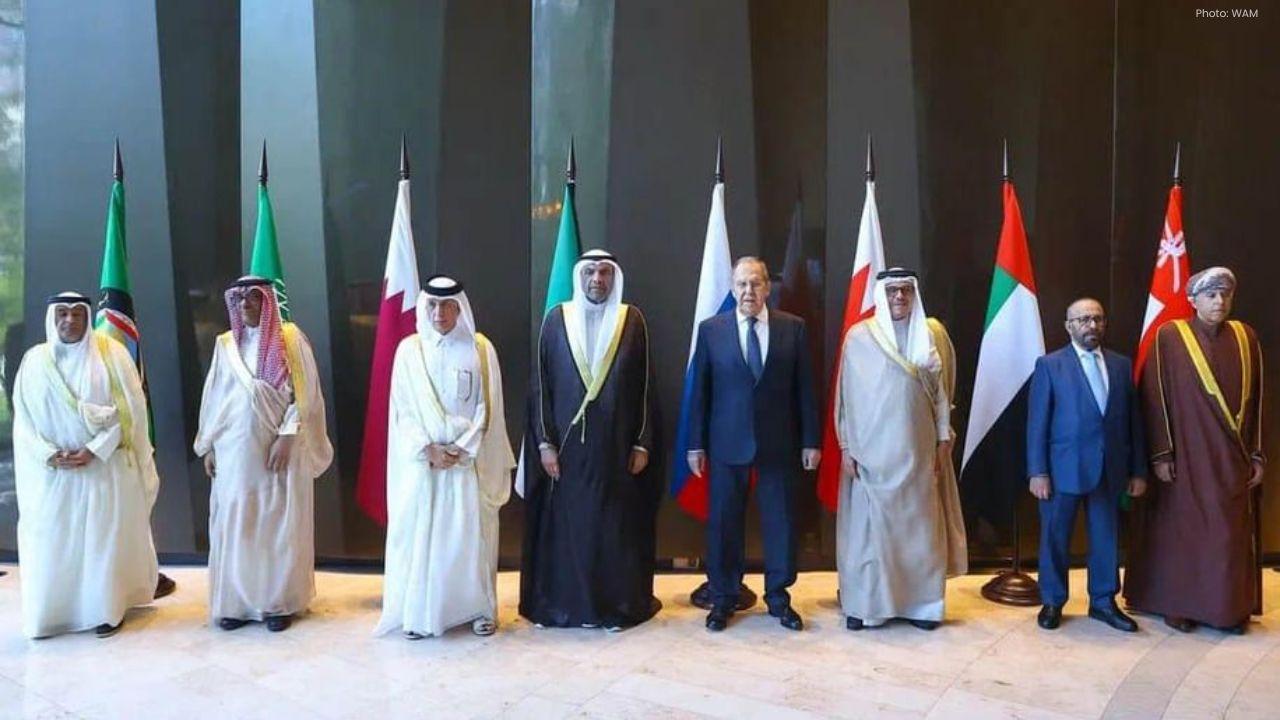
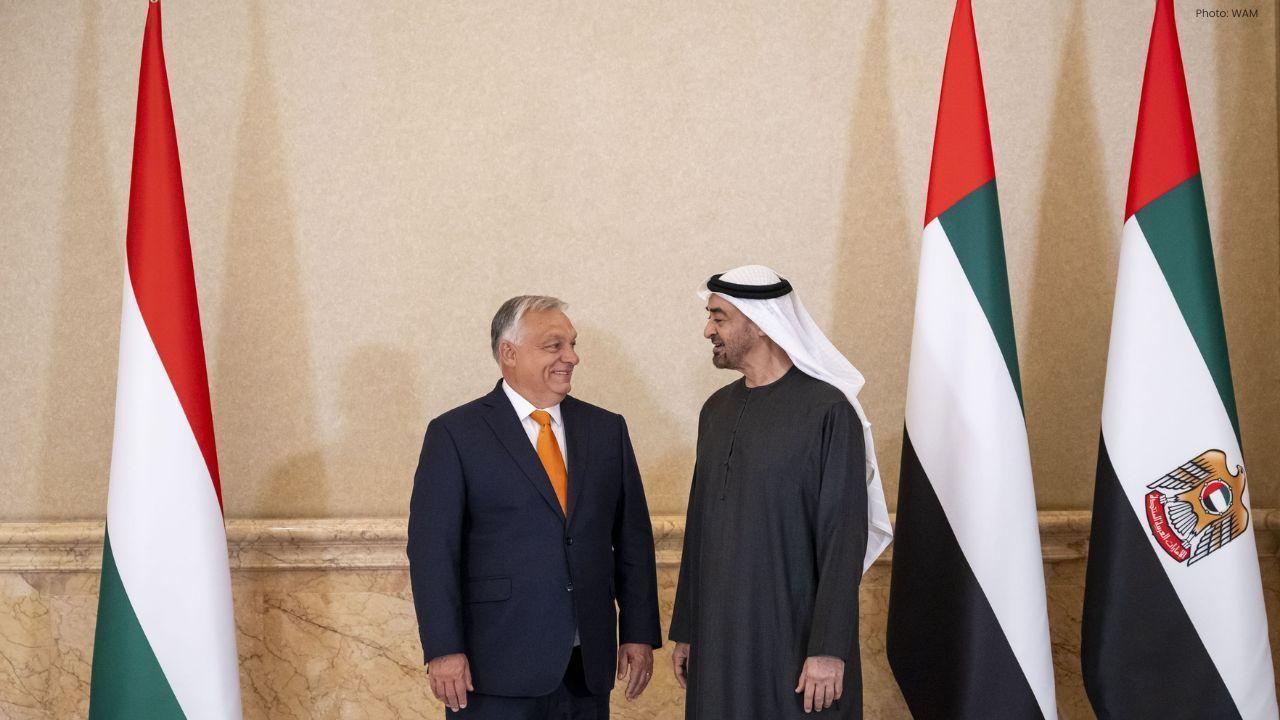
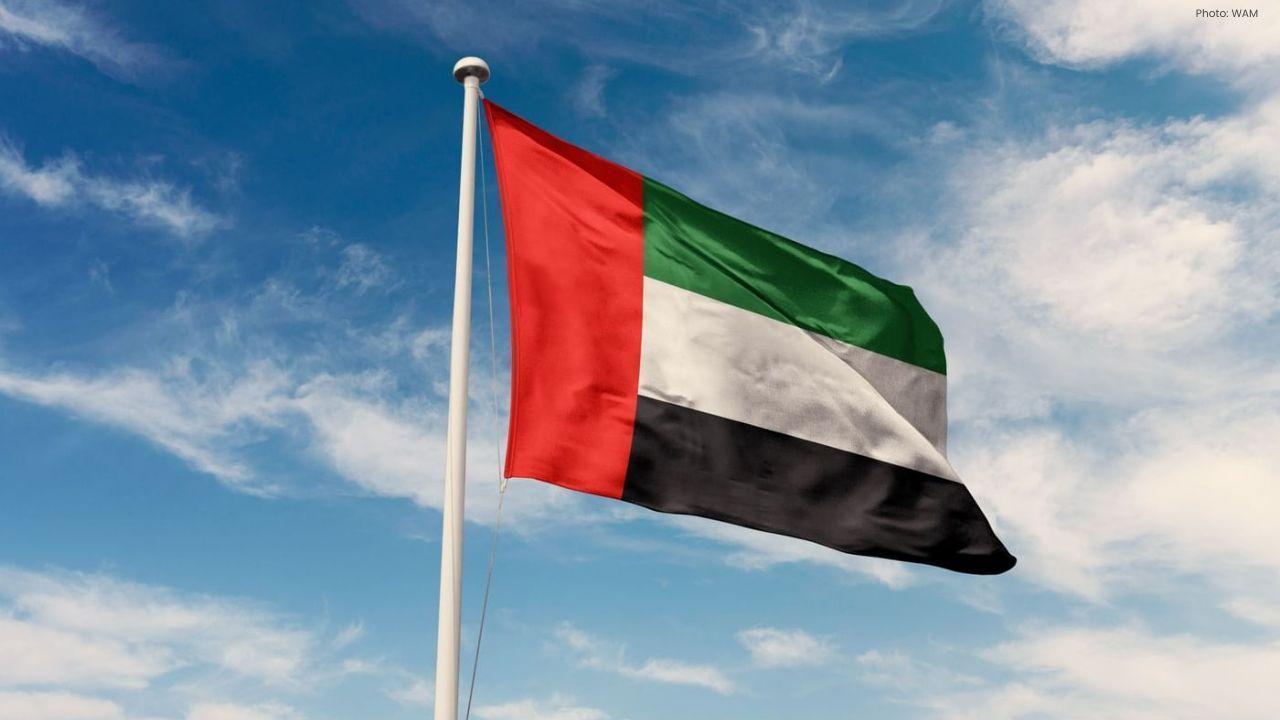

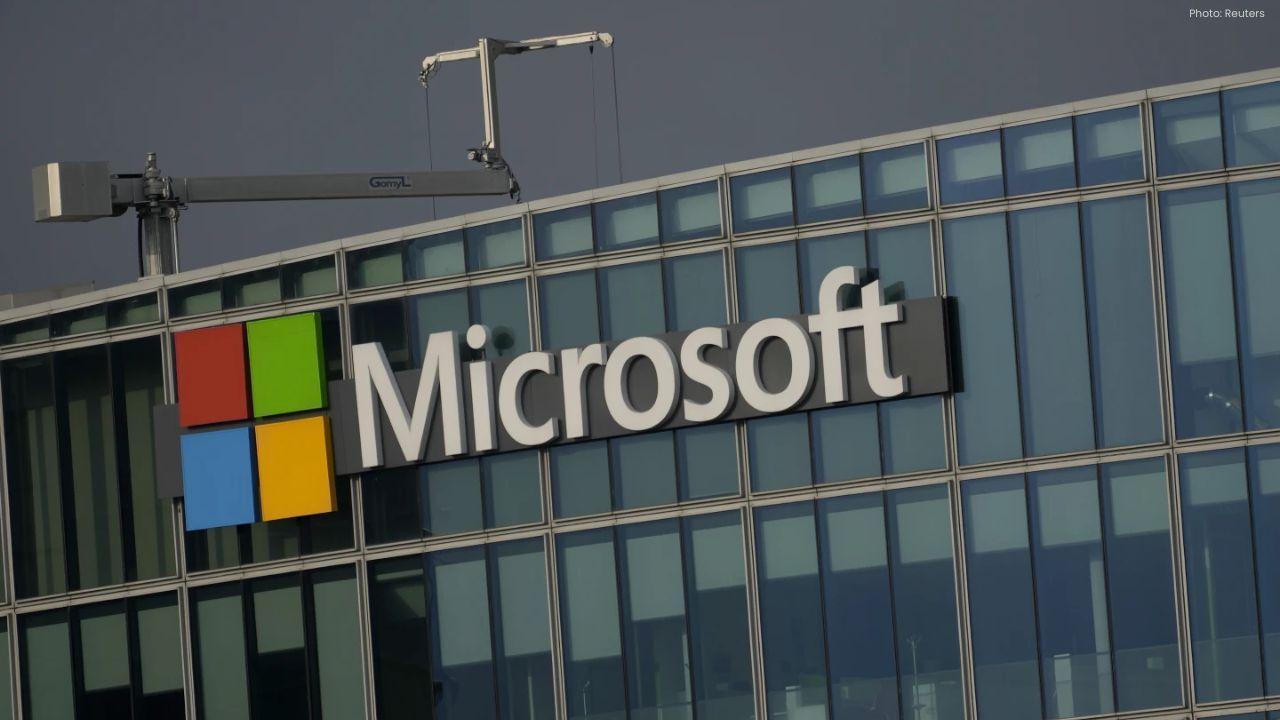

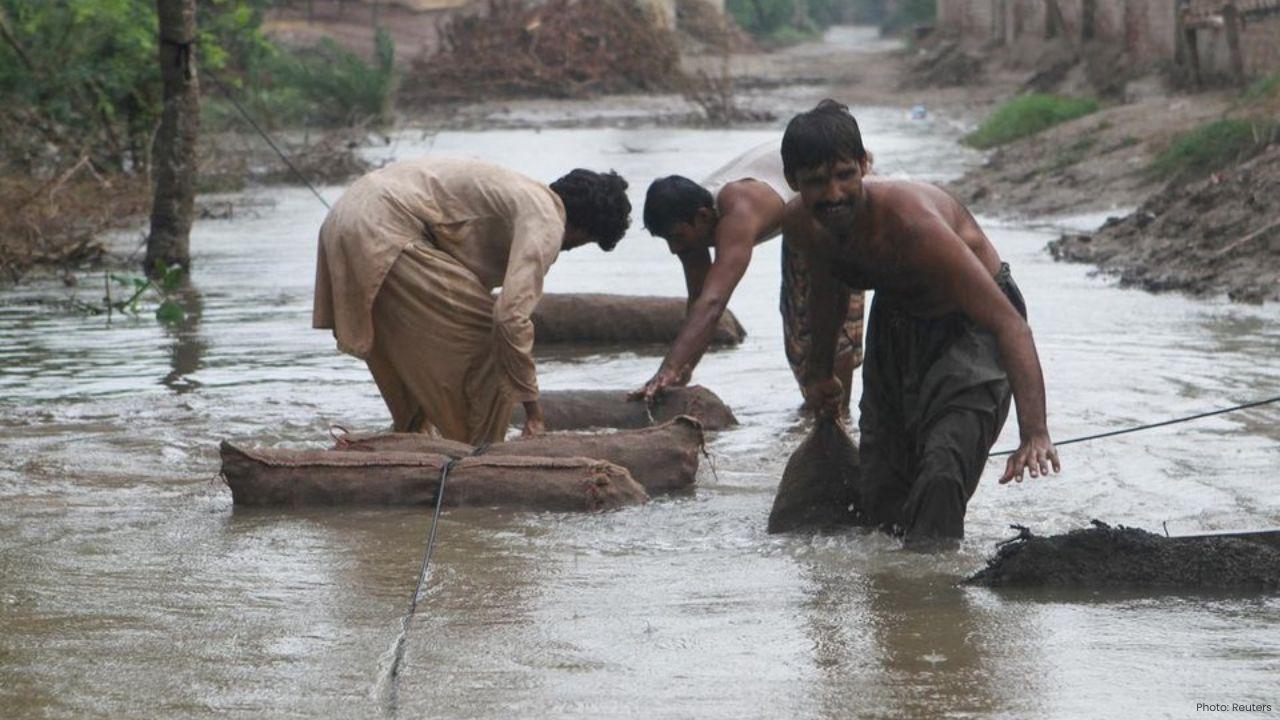

Three Injured After Ceiling Collapse At Liat Towers Singapore
Three people were injured after a ceiling collapsed at Liat Towers, Singapore. Eyewitnesses helped v

US Authorities Arrest Suspect In Charlie Kirk Shooting Case
US President Trump confirms suspect in Charlie Kirk shooting has been arrested after a minister turn

EU Regulators Approve Microsoft Teams Changes To End Antitrust Case
Microsoft Teams update, EU antitrust decision, Office software changes, competition rules compliance

Pakistan Prepares To Face Oman In Asia Cup Before India Clash
Pakistan prepares for Asia Cup opener against Oman, aiming for a strong start and building confidenc

Rescue Boat Capsizes in Pakistan Floods, 9 Dead in Multan
A rescue boat capsized during flood relief in Multan, Pakistan, killing nine. Floods affect millions
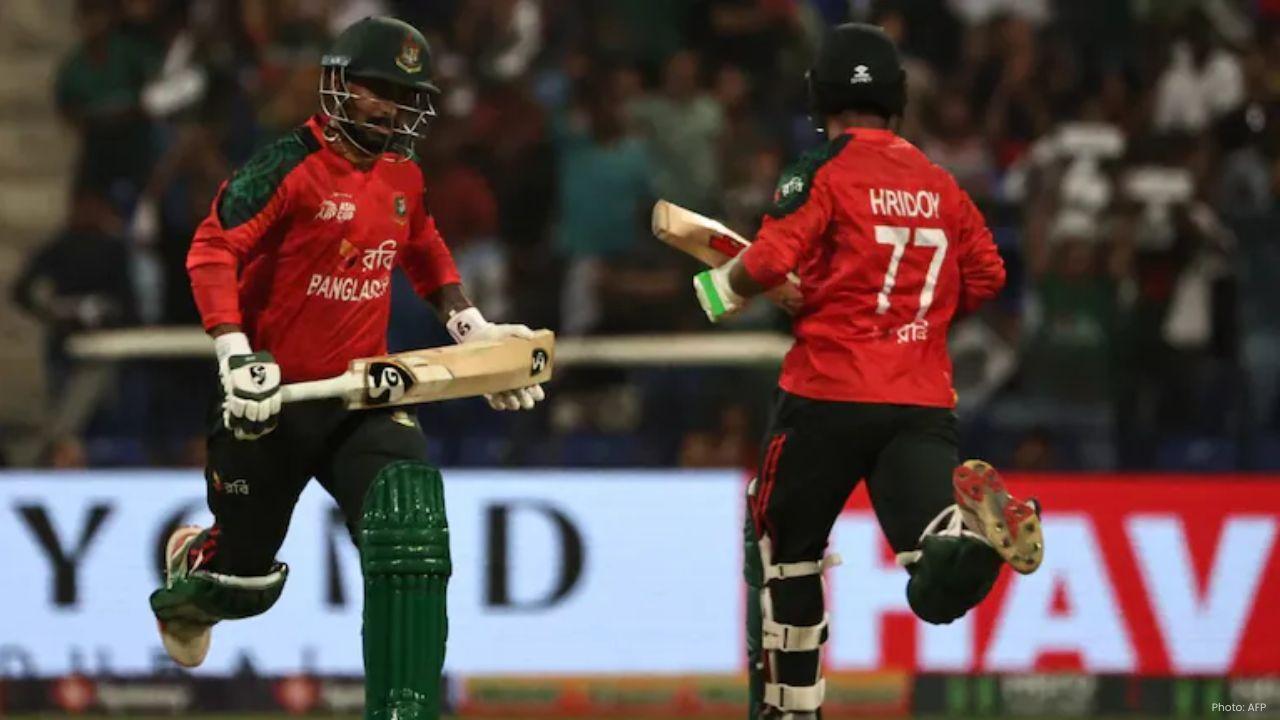
Bangladesh Beat Hong Kong In Asia Cup Opener With Litton’s 59
Bangladesh began their Asia Cup with a win against Hong Kong. Litton Das scored 59 and Hridoy added